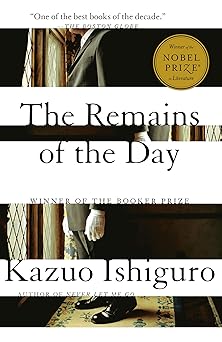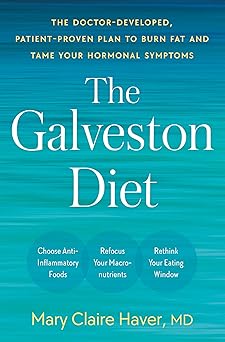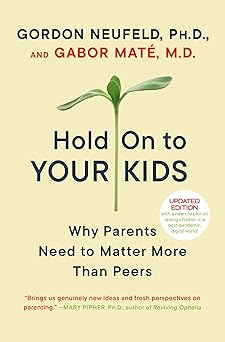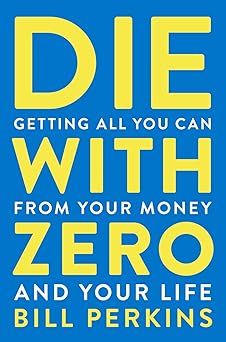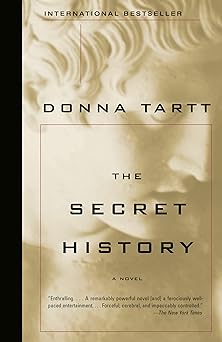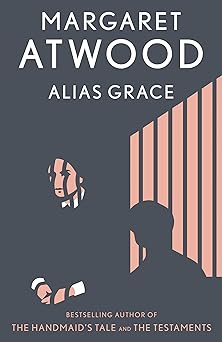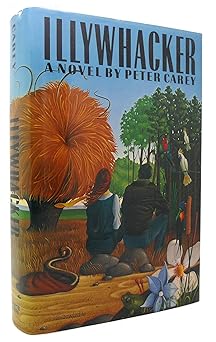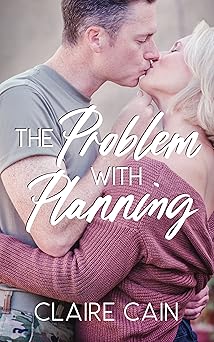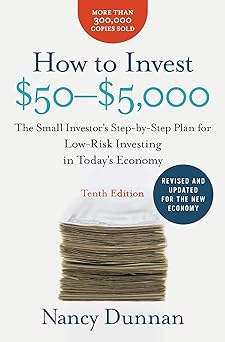
For years, I’ve seen so many people feel lost when it comes to their money. It’s easy to feel overwhelmed by all the confusing terms and complicated rules. This book is like a warm hand guiding you through that confusion, offering practical advice for people who want to start investing, even with a small amount of money. It's a guide for those who feel like investing is only for experts, but want to take control of their financial future. It doesn’t matter if you’ve never bought a stock before, or if you're just starting to think about saving for retirement, this is a really good place to start. The author understands that everyone’s situation is different, and offers clear explanations for understanding everything from choosing a bank to figuring out what those numbers on the financial pages actually mean. I remember a woman who came to one of my gatherings, she felt so anxious about her savings and felt like she was missing out on something. This book, I believe, can offer that same feeling of empowerment and clarity. It truly is a companion for those who want to feel more confident about their money.
This book covers a lot, but in a way that’s easy to follow. It explains how to pick a good bank, and then moves on to different types of investments like stocks, bonds, and mutual funds. It breaks down the tricky parts, so you don't have to be a financial whiz to understand what's going on. It takes you step-by-step, showing you how to make smart choices with your money and how to find good opportunities that aren’t too risky. The author has been helping people like you for a long time, and they’ve updated the book to reflect the changes in how things work today. It's important to keep up with these changes, because the rules and the ways things operate are always evolving. I think a lot of folks worry that investing is some secret club, and they're just not smart enough to join. This book helps to dispel that myth and shows that anyone can learn the basics and start building a more secure financial future.
The most helpful thing about this book is that it focuses on small investments – from $50 to $5,000. This makes it accessible to almost everyone, no matter how little they have to start with. It’s not about getting rich quick; it's about making smart, safe choices to grow your money over time. Sometimes, the biggest hurdle is just getting started, and this book provides the roadmap to do just that. It’s like having a knowledgeable friend who’s always there to offer advice and guidance. A lot of people have shared with me how much they appreciate having a resource that is straightforward and doesn’t use complicated language. It’s truly a valuable tool for anyone who wants to take charge of their financial well-being and create a more secure future for themselves and their loved ones.
I’ve noticed, over the years, how many people seem to feel adrift when it comes to their finances. It can feel like wading through a thick fog of confusing words and rules, leaving you feeling lost and unsure where to even begin. This book is different; it’s like someone gently taking your hand and leading you through that fog. It offers simple, practical advice for those who want to start saving and growing their money, even if they don’t have a lot to begin with. I remember a man who came to one of my gatherings, he felt ashamed because he didn't understand basic financial terms and worried he was falling behind. He felt like everyone else had a secret he wasn't privy to. This book can offer that same feeling of relief and understanding – the feeling that you’re not alone and that you can actually learn to navigate this complex world. It's a perfect starting point for anyone who feels overwhelmed by the idea of investing or saving for the future. It acknowledges that everyone's situation is different and offers clear, easy-to-understand explanations for everything from choosing a bank to understanding what those numbers in the newspaper actually mean. It helps you realize that building a strong financial future isn't about being an expert; it’s about taking small, consistent steps towards your goals. It’s about feeling empowered to make informed decisions and taking control of your financial life.
The book covers a wide range of topics, but it does so in a way that anyone can follow. It explains how to choose a good bank, and then moves on to different ways to invest, like stocks, bonds, and funds. It breaks down complicated ideas into smaller, easier-to-understand pieces, so you don’t need to be a financial expert to understand what’s happening. It takes you through the process step by step, showing you how to make smart choices and find opportunities that aren’t too risky. The author has been helping people with their money for a long time, and they’ve updated the book to reflect how things have changed recently. Keeping up with these changes is important because the rules and systems are always evolving. Many people worry that investing is a secret world that they can’t be a part of, and that they’re not smart enough to join. This book helps to show that isn’t true, and that anyone can learn the basics and start building a more secure financial future.
What I think is truly special about this book is that it focuses on starting with small amounts of money – from as little as $50 up to $5,000. This makes it accessible to almost everyone, regardless of how much they have to begin with. It’s not about getting rich quickly; it’s about making smart, safe choices to grow your money over time. Sometimes, the biggest challenge is just taking that first step, and this book provides a clear path to do just that. It’s like having a supportive friend who’s always there to offer advice and guidance. I’ve heard from many people who appreciate having a resource that is straightforward and avoids complicated financial jargon. It's a valuable tool for anyone who wants to take charge of their financial health and create a more secure future for themselves and their families.
Rating: 5.0 / 5.0
This book feels like a warm hug for anyone feeling lost when it comes to money. It’s easy to feel overwhelmed by financial terms and rules, and this book gently guides you through it all with simple, practical advice. It doesn’t matter if you’ve never invested before, or if you're just starting to think about saving – this is a great place to begin. It really acknowledges that everyone's situation is different and explains things in a way that's easy to understand, from choosing a bank to understanding those confusing numbers you see in the news. It's about feeling empowered to take control and build a more secure future, even if you only have a small amount to start with. It breaks down complex ideas into manageable steps and offers a clear path forward, like having a helpful friend always there to guide you. Many people worry that investing is too complicated, but this book proves that anyone can learn the basics and build a more secure future.

